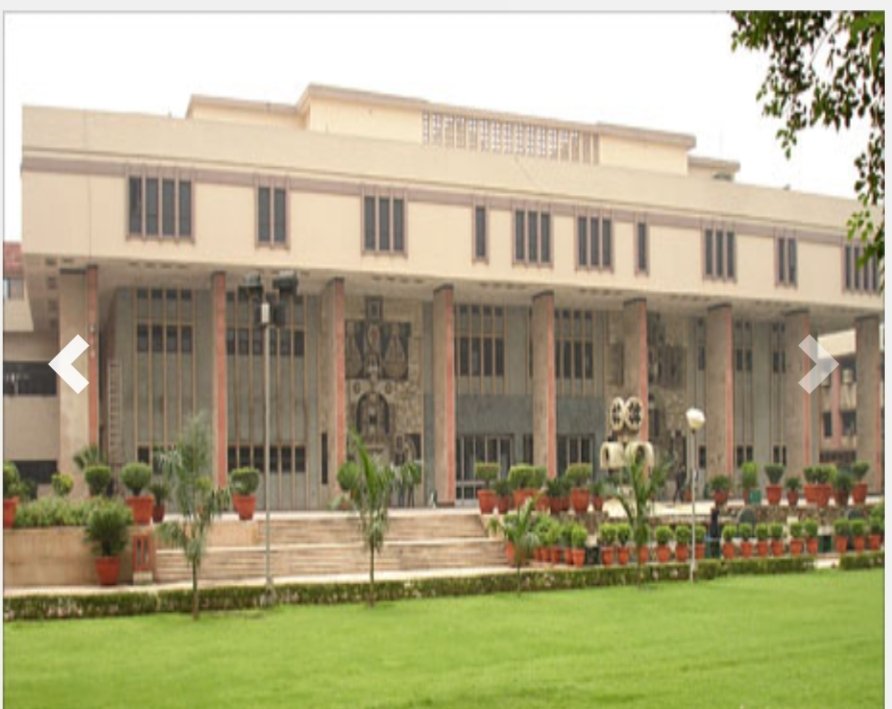When Radio Mirchi FM came across multiple clips from its well-known talk show starring Kareena Kapoor Khan, “What Women Want” splashed across social media website Instagram and video sharing application YouTube, the no. 1 radio station of the country was in for a rude awakening. Its collaborator, MissMalini Entertainment Private Limited had breached their agreement to exploit clips from the Series without following the preview requirement locked into the deal between the two. This article aims to delve into dispute while analysing the impact of the Delhi High Court’s decision on the matter.
Case Background
The Plaintiff approached the Delhi High Court and filed a copyright infringement suit against the Defendant on becoming aware of unauthorized exploitation of clips from the Series by the Plaintiff across Instagram and YouTube. The Plaintiff and Defendant had previously entered into an agreement with respect to promotion of the Series by the Defendant, which agreement, as per the Plaintiff’s claims, had an in-built clause on the Plaintiff’s right to preview any content that the Defendant may decide to exploit online in furtherance of its obligation to promote the Series. As per the Plaintiff’s claims the Defendant failed to fulfil this obligation to have the content previewed by the Plaintiff and proceeded to exploit the clips of the Series without so much as an intimation to them.
Plaintiff’s Claims
In the claims made by the Plaintiff in support of its request to injunct the unauthorized exploitation of clips by the Defendant, the Plaintiff stated before the Delhi HC, that they are the sole and exclusive right holders of the Series and had executed an agreement with the Defendant solely in relation to engagement of the Defendant by the Plaintiff to promote the Series. Further, the Plaintiff claimed that in addition to exploiting the Series in an unauthorized manner, the Defendant had also blurred the Plaintiff’s logo in the clips so exploited and replaced the same with their official logo. The Plaintiff also clarified that prior to approaching the High Court, they had also issued cease and desist notice to the Defendant and also initiated copyright strikes on the clips (on YouTube) in an attempt to stop the unauthorized exploitation by the Defendant. However, when neither approach worked, they sought judicial intervention.
Defendants’ Response
The Defendant maintained that there was no malafide intent on its part with respect to the promotional exploitation conducted by them and that the activities undertaken- all fell within the parameters of the agreement executed between the Plaintiff and them. The Defendant further argued that there was no copyright violation because the uploaded content was only promotional in nature in accordance with the terms of the agreement and further contended that the Defendant had overstated its claims and issued the cease-and-desist notice without giving the Defendant a chance to clarify its position. The Defendant in its argument while stating that it had acted with good intentions, did not, at any point contest the Plaintiff’s copyright ownership of the clips and/or content, instead, it asserted that any alleged infringement was accidental and the result of a misunderstanding with the Plaintiff.
HC’s Grant Of Interim Injunction
After hearing the preliminary arguments of both the Parties, the Single-Bench of Justice Mini Pushkarna, noting that the balance of convenience lay in favour of the Plaintiff, issued an ex parte interim injunction against the Defendant directing the removal of the disputed video clips from YouTube and Instagram within 48 hours. High Court also further restrained the Defendant from using the Plaintiff’s copyrighted material on any platform.
Analysis & Conclusion
Given the clarity on the existence of an agreement between the Parties and the preliminary injunction granted by the Delhi High Court in the matter, it is clear from the get-go that the in-built language in the agreement seems to be sufficiently clear on the aspects/concerns put forth by the Plaintiff with respect to the unauthorized exploitation of the content of the Series by the Defendant.
The allegations put forth by the Plaintiff’s parent company, Entertainment Network India Limited (ENIL) raised two main claims – first was that the Defendant had breached the terms of the agreement executed between the Plaintiff and the Defendant and second that the Defendant had wilfully misrepresented the content as their own by affixing its logo and blurring out the Plaintiff’s logo.
On the first aspect, if the agreement as per the Plaintiff’s claim provides for a built-in approval requirement by the Plaintiff prior to exploitation of the content by the Defendant – intent of the Defendant would remain irrelevant given that it was an obligation on the Defendant to approach the Plaintiff and give them a preview of the clips prior to their exploitation.
With respect to the second claim raised by the Plaintiff – it is unclear what ‘good intention’ was at play when the Defendant blurred the logo of the Plaintiff on the clips of the Series – rights in which solely vest with the Plaintiff. Further, the replacement of the Plaintiff’s logo with that of the Defendant would reasonably have a direct impact on the Plaintiff’s brand reputation and goodwill and in any case undermines ENIL’s exclusive ownership of the Series.
Therefore, from a preliminary view itself the Defendant’s arguments appear to be weak and unfounded and in the absence of any evidence to the contrary appear to be malafide in nature. The DHC’s decision to grant a preliminary injunction therefore seems like the most appropriate route on the matter at until the next hearing on the matter which is scheduled for May 13, 2025.
Authors: Dayita Panicker & Siddharth Burman

